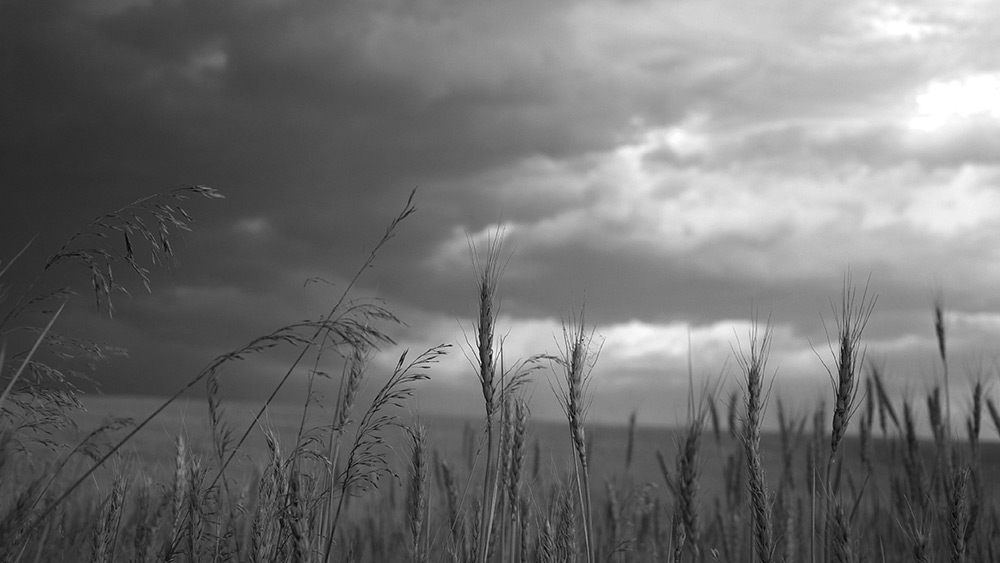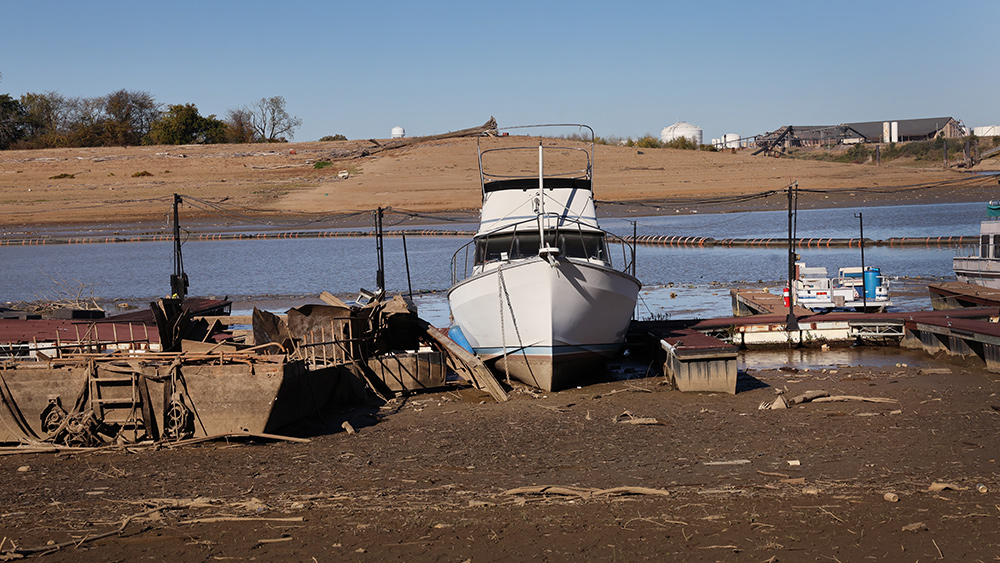 Parler
Parler Gab
Gab
Floods threaten to undermine Australia's food supply
Aside from wheat, NSW is also a basket for huge barley, sorghum, cotton and canola harvests. But with more than 140 flood warnings remaining across the state, farmers definitely have serious problems on their hands. While crops in some areas such as Wee Waa in northeast NSW have been underwater, those that weren't submerged still remained untouched as farmers struggled to work machinery. The resulting floods are limiting the supply of fresh produce and pushing prices up, making things worse for shoppers struggling with inflation. Growers are now racing to save apples, pears and peaches set to be harvested this summer, compounding fears that consumers will feel the hurt of the upcoming high prices. (Related: Food prices soar as abnormal rains, floods in Australia wipe out more crops.) The possible interruptions to food supply arrive at a time when food prices are raised worldwide, as well as in Australia. Yearly headline inflation increased to a 32-year high in the third quarter, with fruit and vegetable prices heading the charge. Coles Group Ltd., Australia's second-biggest supermarket, is also forecasting that inflation will increase more due to flooding. There are also worries about grain supply and quality in important growing areas across New South Wales and Victoria. Millions of tons of wheat, barley and canola are likely to be spoiled because of heavy rains, which are preventing farmers from collecting their crops. Follow CropCollapse.com for more news about crops being affected by natural disasters. Watch the video below about the devastating flooding in Australia. This video is from the high impact Flix and more!!! on Brighteon.com.More related stories:
100s of millions of dollars in crops destroyed by flooding, and farmers are being told "there's nothing the U.S. Government can do to help." Orange juice price hike looms after Hurricane Ian batters Florida’s citrus orchards. Mississippi farmers say heavy flooding caused them to lose crops. Sources include: StrangeSounds.org Yahoo.com Brighteon.comHomelessness in California’s state capital has risen by almost 70% since 2019
By Ramon Tomey // Share
Venezuela’s inflation rate of 359% erodes economic recovery, forces citizens to migrate
By Belle Carter // Share
Central banks are the main source of instability in the world – and their collapse is NECESSARY
By Arsenio Toledo // Share
Russia warns: World’s nuclear-armed states on the verge of direct armed conflict
By Mary Villareal // Share
New islands, sunken ships and lost marine equipment emerge as Mississippi River continues to dry up
By Belle Carter // Share
Keep your garden soil healthy with crop rotation
By Zoey Sky // Share
Governments continue to obscure COVID-19 vaccine data amid rising concerns over excess deaths
By patricklewis // Share
Tech giant Microsoft backs EXTINCTION with its support of carbon capture programs
By ramontomeydw // Share
Germany to resume arms exports to Israel despite repeated ceasefire violations
By isabelle // Share










